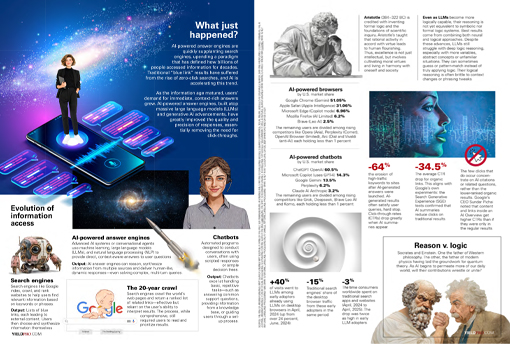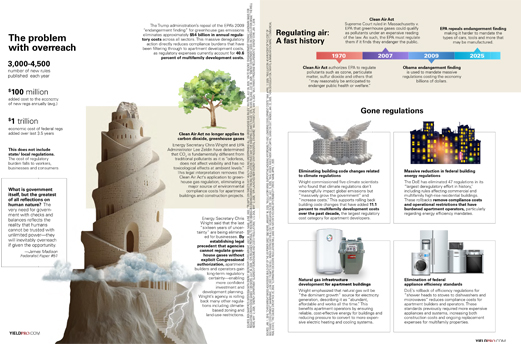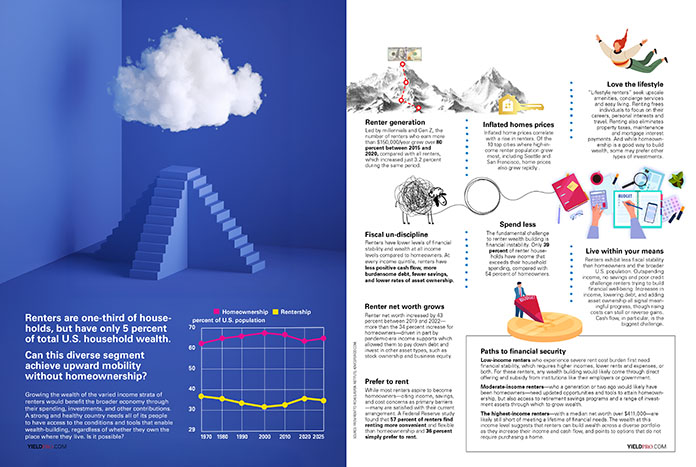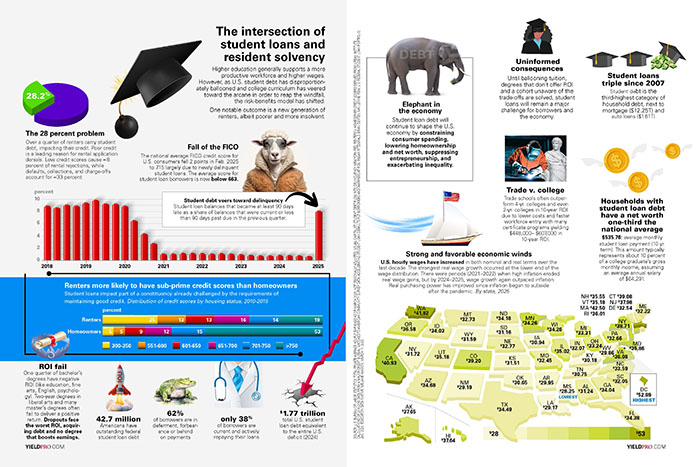AI-powered answer engines are quickly supplanting search engines, upending a paradigm that has defined how billions of people accessed information for decades. Traditional “blue link” results have suffered from the rise of zero-click searches, and AI is accelerating this trend.
As the information age matured, users’ demand for immediate, context-rich answers grew. AI-powered answer engines built atop massive, large language models (LLMs) and generative AI advancements, have greatly improved the quality and precision of responses, essentially removing the need for click-throughs.
Evolution of information access
AI-powered answer engines
Advanced AI systems or conversational agents use machine learning, large language models (LLMs), and natural language processing (NLP) to provide direct, context-aware answers to user questions.
Output: AI answer engines can reason, synthesize information from multiple sources and deliver human-like, dynamic responses—even solving complex, multi-turn queries.
The 20-year crawl
Search engines crawl the world’s web pages and return a ranked list of related links—effective but reliant on the user’s ability to interpret results. The process, while comprehensive, still required users to read and prioritize results.
Chatbots
Automated programs designed to conduct conversations with users, often using scripted responses or simple decision trees.
Output: Chatbots excel at handling basic, repetitive tasks—such as answering common support questions, providing information from a knowledge base, or guiding users through a set- up process.
AI-powered browsers by U.S. market share
Google Chrome (Gemini) 51.05%
Apple Safari (Apple Intelligence) 31.06%
Microsoft Edge (Copilot mode) 6.96%
Mozilla Firefox (AI Limited) 6.2%
Brave (Leo AI) 2.5%
The remaining users are divided among rising competitors like Opera (Aria), Perplexity (Comet), OpenAI Browser (limited), Arc (Dia) and Vivaldi (anti-AI) each holding less than 1 percent.
AI-powered chatbots by U.S. market share
ChatGPT OpenAI 60.5%
Microsoft Copilot (uses GPT-4) 14.3%
Google Gemini 13.5%
Perplexity 6.2%
Claude AI Anthropic 3.2%
The remaining users are divided among rising competitors like Grok, Deepseek, Brave Leo AI and Komo, each holding less than 1 percent.
+40% of visits went to LLMs among early adopters already using LLMs on desktop browsers in April, 2024 (up from over 24 percent, June, 2024).
-15% Traditional search engines’ share of the desktop browser traffic from these early adopters in the same period.
-3% The time consumers worldwide spent on traditional search apps and websites (April, 2024 to April, 2025). The drop was twice as high in early LLM adopters.
Aristotle (384−322 BC) is credited with inventing formal logic and the foundations of scientific inquiry. Aristotle’s taught that rational activity in accord with virtue leads to human flourishing. Thus, excellence is not just intellectual but involves cultivating moral virtues and living in harmony with oneself and society.
Even as LLMs become more logically capable, their reasoning is not yet equivalent to symbolic nor formal logic systems. Best results come from combining both neural and logical approaches. Despite these advances, LLMs still struggle with deep logic reasoning, especially with more variables, abstract concepts or unfamiliar situations. They can sometimes guess or pattern-match instead of truly applying logic. Their logical reasoning is often brittle to context changes or phrasing tweaks.
-64%
The erosion of high-traffic keywords to sites after AI-generated answers were launched. AI- generated results often satisfy user queries, hard stop. Click-through rates (CTRs) drop greatly when AI summaries appear.
-34.5%
The average CTR drop for organic links. This aligns with Google’s own experiments: the Search Generative Experience (SGE) tests confirmed that AI summaries reduce clicks on traditional results.
The few clicks that do occur concentrate on AI citations or related questions, rather than the lower-ranked organic results. Google’s CEO Sundar Pichai noted that content and links inside an AI Overview get higher CTRs than if they were only in the regular results.
Source: The rise of answer engines: Why search engines may soon be a thing of the past, SoftwareReviews; AI engines are starting to challenge Google’s search dominance, Vocal Media; Google’s AI overhauls search, Shifting from links to direct answers, The AI Journal; Answer Engines: How artificial intelligence is upending how we search the web, IBB Online; The shift to AI answer engines. A challenge for Google? BizCommunity; Will AI replace search engines? What marketers must know! WriteSonic; What is NLP (natural language processing)? IBM; What is natural language processing (NLP)? Oracle; Natural language processing – What is NLP in AI? Cloudflare; Datos; 2024 Sparktoro and Datos Study
















